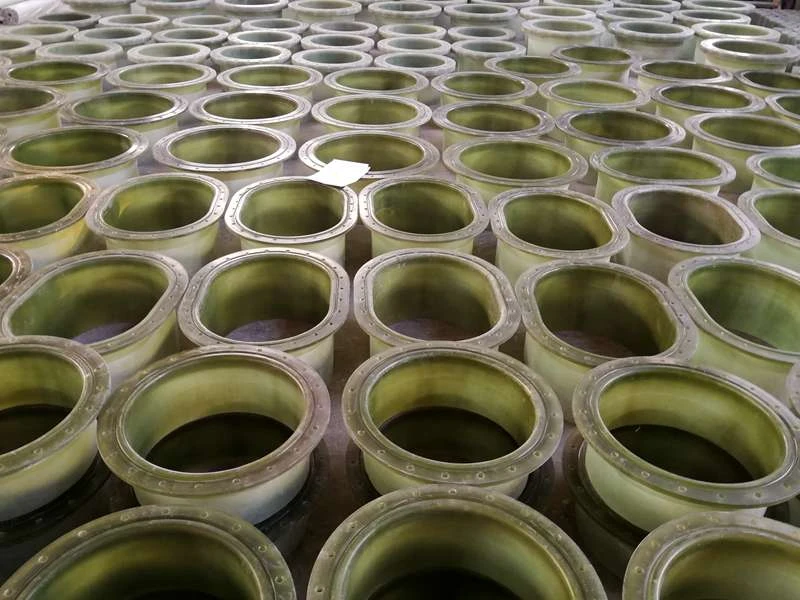
-
 Afrikaans
Afrikaans -
 Albanian
Albanian -
 Amharic
Amharic -
 Arabic
Arabic -
 Armenian
Armenian -
 Azerbaijani
Azerbaijani -
 Basque
Basque -
 Belarusian
Belarusian -
 Bengali
Bengali -
 Bosnian
Bosnian -
 Bulgarian
Bulgarian -
 Catalan
Catalan -
 Cebuano
Cebuano -
 China
China -
 China (Taiwan)
China (Taiwan) -
 Corsican
Corsican -
 Croatian
Croatian -
 Czech
Czech -
 Danish
Danish -
 Dutch
Dutch -
 English
English -
 Esperanto
Esperanto -
 Estonian
Estonian -
 Finnish
Finnish -
 French
French -
 Frisian
Frisian -
 Galician
Galician -
 Georgian
Georgian -
 German
German -
 Greek
Greek -
 Gujarati
Gujarati -
 Haitian Creole
Haitian Creole -
 hausa
hausa -
 hawaiian
hawaiian -
 Hebrew
Hebrew -
 Hindi
Hindi -
 Miao
Miao -
 Hungarian
Hungarian -
 Icelandic
Icelandic -
 igbo
igbo -
 Indonesian
Indonesian -
 irish
irish -
 Italian
Italian -
 Japanese
Japanese -
 Javanese
Javanese -
 Kannada
Kannada -
 kazakh
kazakh -
 Khmer
Khmer -
 Rwandese
Rwandese -
 Korean
Korean -
 Kurdish
Kurdish -
 Kyrgyz
Kyrgyz -
 Lao
Lao -
 Latin
Latin -
 Latvian
Latvian -
 Lithuanian
Lithuanian -
 Luxembourgish
Luxembourgish -
 Macedonian
Macedonian -
 Malgashi
Malgashi -
 Malay
Malay -
 Malayalam
Malayalam -
 Maltese
Maltese -
 Maori
Maori -
 Marathi
Marathi -
 Mongolian
Mongolian -
 Myanmar
Myanmar -
 Nepali
Nepali -
 Norwegian
Norwegian -
 Norwegian
Norwegian -
 Occitan
Occitan -
 Pashto
Pashto -
 Persian
Persian -
 Polish
Polish -
 Portuguese
Portuguese -
 Punjabi
Punjabi -
 Romanian
Romanian -
 Russian
Russian -
 Samoan
Samoan -
 Scottish Gaelic
Scottish Gaelic -
 Serbian
Serbian -
 Sesotho
Sesotho -
 Shona
Shona -
 Sindhi
Sindhi -
 Sinhala
Sinhala -
 Slovak
Slovak -
 Slovenian
Slovenian -
 Somali
Somali -
 Spanish
Spanish -
 Sundanese
Sundanese -
 Swahili
Swahili -
 Swedish
Swedish -
 Tagalog
Tagalog -
 Tajik
Tajik -
 Tamil
Tamil -
 Tatar
Tatar -
 Telugu
Telugu -
 Thai
Thai -
 Turkish
Turkish -
 Turkmen
Turkmen -
 Ukrainian
Ukrainian -
 Urdu
Urdu -
 Uighur
Uighur -
 Uzbek
Uzbek -
 Vietnamese
Vietnamese -
 Welsh
Welsh -
 Bantu
Bantu -
 Yiddish
Yiddish -
 Yoruba
Yoruba -
 Zulu
Zulu
Understanding Different Types of Vessels and Tanks in Industrial Applications
Vessels and Tanks Essential Components in Modern Industry
In the realm of industrial engineering, vessels and tanks play a crucial role across various sectors. From chemical manufacturing to food processing, these structures serve vital functions ranging from storage to processing. Understanding the different types of vessels and tanks, their applications, and the importance of proper maintenance can provide insight into their vital roles in modern industry.
Types of Vessels and Tanks
Vessels and tanks can be categorized based on their design, purpose, and the materials they store. Common types include
1. Storage Tanks These are typically large, cylindrical structures used for storing bulk liquids and gases. Examples include oil storage tanks, water tanks, and chemical storage tanks. Their dimensions and materials vary depending on the storage requirements and the nature of the substances.
2. Pressure Vessels Designed to hold gases or liquids at pressures significantly different from the ambient pressure, pressure vessels must adhere to strict safety standards. They are used in a variety of applications, from boilers in power plants to reactors in chemical manufacturing.
3. Mixing Vessels These tanks are specifically designed to mix different substances together. They often come equipped with agitators or stirrers to ensure proper blending, which is essential in processes such as food production, pharmaceuticals, and chemical manufacturing.
4. Reactor Vessels Used primarily in the chemical industry, these vessels facilitate chemical reactions under controlled conditions. Their design must accommodate the heat and pressure generated during reactions while ensuring safety and efficiency.
5. Environmental Tanks Used for containing liquids that may be hazardous to the environment, these tanks are designed to prevent leaks and spills. They are crucial in industries such as oil and gas and waste management.
vessels and tanks

Applications of Vessels and Tanks
The applications of vessels and tanks are vast and diverse. In the oil and gas industry, for instance, large storage tanks are used to hold crude oil, while specialized pressure vessels are essential in refining processes. In the food and beverage sector, mixing vessels are crucial for producing consistent products, ranging from soft drinks to sauces.
Moreover, in pharmaceuticals, reactors and storage tanks are vital for the production and preservation of drugs. The capacity of these tanks often dictates the scale of production, affecting supply chains and inventory management.
Maintenance and Safety
Given their critical roles, maintenance of vessels and tanks is of utmost importance. Regular inspections and adherence to regulatory standards help prevent leaks, ruptures, and other failures that could lead to catastrophic accidents or environmental damage. For instance, the American Society of Mechanical Engineers (ASME) provides guidelines for the design, construction, and maintenance of pressure vessels to ensure safety.
Additionally, proper material selection is crucial. Vessels and tanks must be constructed from materials that can withstand the corrosive nature of certain substances and the high pressures involved in their operations. The failure to do so can lead to significant financial losses and safety risks.
Conclusion
In summary, vessels and tanks are indispensable components in the industrial landscape. Their various applications signify their importance in our daily lives, whether we realize it or not. The efficient operation of these storage and processing units is fundamental to the success of countless industries. As technology advances, innovations in materials and design will continue to enhance their functionality and safety, ensuring they meet the ever-growing demands of modern society. Understanding these structures not only highlights their significance but also underscores the importance of responsible management and maintenance in safeguarding our industrial processes.
Latest news
-
Exploring the Benefits of Top Hammer Drifter Rods for Enhanced Drilling PerformanceNewsJun.10,2025
-
High-Precision Fiberglass Winding Machine for GRP/FRP Pipe Production – Reliable & Efficient SolutionsNewsJun.10,2025
-
FRP Pipes & Fittings for Shipbuilding - Corrosion-Resistant & LightweightNewsJun.09,2025
-
Premium FRP Flooring Solutions Durable & Slip-ResistantNewsJun.09,2025
-
Premium Fiberglass Rectangular Tanks Durable & Lightweight SolutionNewsJun.09,2025
-
Tapered Drill String Design Guide Durable Performance & UsesNewsJun.09,2025









